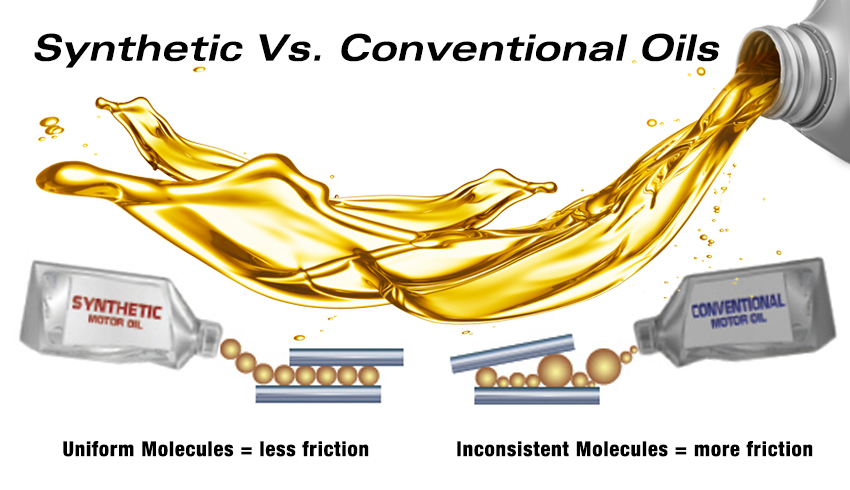Unveiling the Debate: Conventional Oil vs. Synthetic Oil
In the realm of automotive maintenance, one question that often perplexes vehicle owners is the choice between conventional oil and synthetic oil. Both options have their pros and cons, sparking an ongoing debate within the automotive community. Let’s delve into the intricacies of conventional oil and synthetic oil to help you make an informed decision for your beloved vehicle.
Understanding Conventional Oil: Conventional oil, is derived from crude oil through a refining process. It has been the traditional choice for engine lubrication for decades. Composed of base oils and additives, conventional oil provides a reliable and cost-effective solution for many vehicles.
Pros of Conventional Oil:
- Cost-Effective: Conventional oil is generally more budget-friendly than its synthetic counterpart, making it an appealing choice for those looking to save on routine maintenance expenses.
- Widely Available: Conventional oil is readily available at most auto shops and service stations, ensuring easy accessibility for vehicle owners.
Cons of Conventional Oil:
- Shorter Lifespan: Conventional oil tends to break down faster than synthetic oil, necessitating more frequent oil changes.
- Limited Performance in Extreme Conditions: In high-stress conditions, such as extreme temperatures or heavy loads, conventional oil may not provide optimal protection for the engine.
Understanding Synthetic Oil: Synthetic oil, on the other hand, is a laboratory-engineered product designed to offer superior lubrication and protection for modern engines. It is created through a meticulous process that involves synthesizing molecules to achieve specific performance characteristics.
Pros of Synthetic Oil:
- Extended Lifespan: Synthetic oil boasts a longer lifespan, allowing for extended intervals between oil changes. This can result in cost savings over time.
- Enhanced Engine Protection: Synthetic oil provides better protection against wear, deposits, and sludge formation, ensuring the longevity of the engine.
- Improved Performance in Extreme Conditions: Synthetic oil performs exceptionally well under extreme temperatures and challenging driving conditions, making it an ideal choice for high-performance and heavy-duty vehicles.
Cons of Synthetic Oil:
- Higher Cost: Synthetic oil typically comes with a higher price tag compared to conventional oil. However, the extended intervals between oil changes can offset this initial cost.
The choice between conventional oil and synthetic oil ultimately depends on your vehicle, driving habits, and budget. While conventional oil remains a reliable and cost-effective option, synthetic oil offers advanced engine protection and performance benefits. Consider your priorities and consult your vehicle’s manufacturer recommendations to make an informed decision that aligns with the specific needs of your car. Whether you opt for the time-tested conventional oil or the cutting-edge synthetic oil, regular oil changes remain a crucial aspect of maintaining a healthy and efficient engine.


